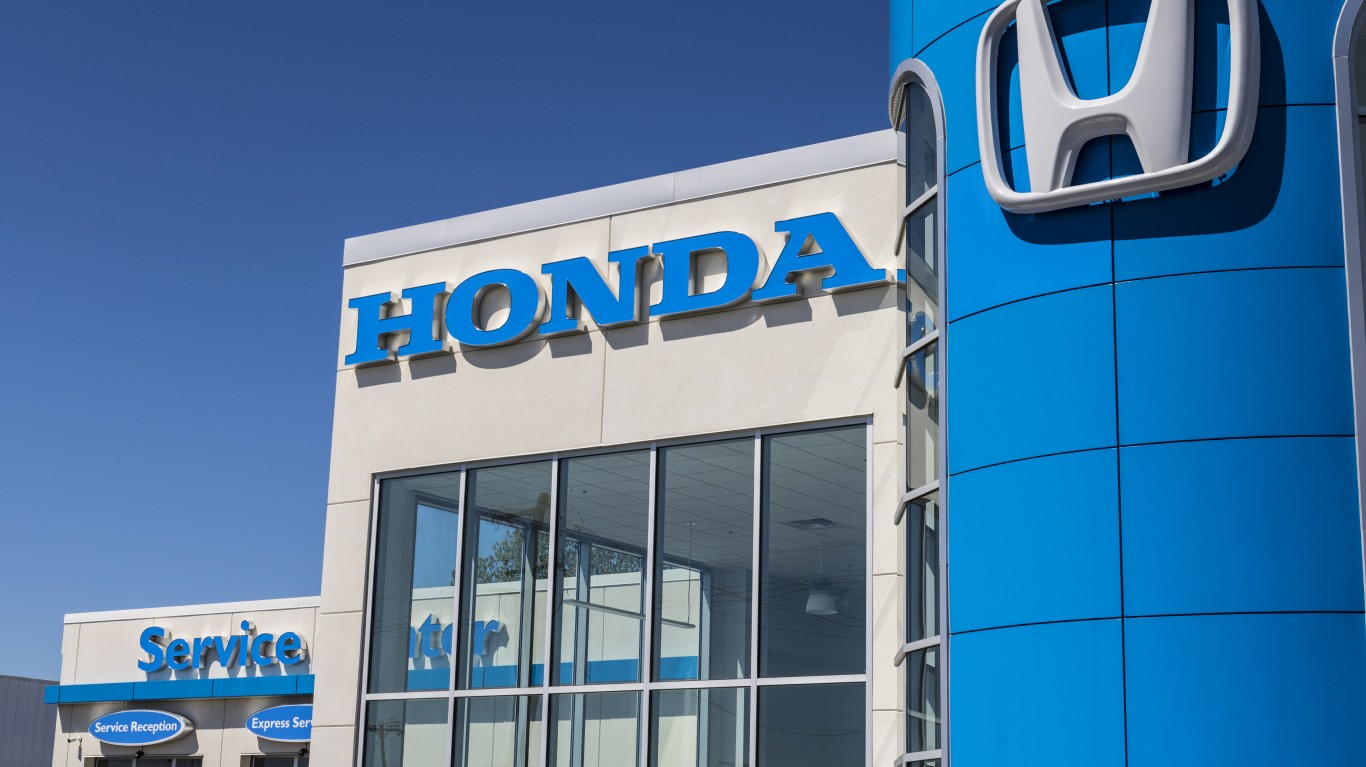Rumors, credible rumors, are beginning to circulate in the car industry and the automotive press, that Chrysler may not make it another year primarily due to its falling sales and growing financial losses at partner Fiat.  Chrysler sold a 62,197 cars in September down 42% from the same month last year. The figure was down from 93,222 in August when traffic to dealers was pushed up by the “cash for clunkers” program. Chrysler’s problems may only be beginning and, if so, Fiat, the “managing partner” among Chrysler’s owners may not be able to keep the American company intact.
Chrysler sold a 62,197 cars in September down 42% from the same month last year. The figure was down from 93,222 in August when traffic to dealers was pushed up by the “cash for clunkers” program. Chrysler’s problems may only be beginning and, if so, Fiat, the “managing partner” among Chrysler’s owners may not be able to keep the American company intact.
Chrysler has operated at a disadvantage to the Japanese for some time. That has been true of all three US car companies. Now that each has restructured, each has more leverage against a lower costs base. That should allow GM, Ford (F), and Chrysler to make an operating profit even with domestic light vehicles sales running at a rate of only 10 million a year. But, Chrysler still has disadvatages which start with the age of its fleet and extend to the problem that it no longer has enough market share to cover even a lower cost base.
GM has the capital and the daring to offer its cars for a 60-day test drive. There is some financial risk to the action, but GM has enough new models coming to market that the odds of people turning in cars is relatively small. GM had a hard September with sales down 45% to 156,673, but the new promotion ought to improve its share in October and November. Ford has demonstrated the ongoing strength of its new model line. In September, Ford’s sales only dropped 5% to 114,655. That means that Ford is picking up market share rapidly and some of that is probably coming at Chrysler’s expense.
The Congressional Oversight Panel has already said taxpayers will not see most of the $81 billion that they put into the American car industry. The $14.3 billion put into Chrysler is more and more likely to be lost completely. The biggest single loser if Chrysler cannot survive is the UAW which owns 55% of the company.
The daily management of Chrysler is controlled by Fiat which owns 20% of the US company with options which could take that amount to 35%. Fiat has not put any money into Chrysler, so if the American firm becomes a significant operational or management burden there are very few reason for the Italian company, which has sales troubles of its own in Europe, to stay long term. Fiat lost $254 million in the second quarter, so its board may eventually believe that Chrysler is a distraction and one without a future.
Chrysler is not just up against the traditional competition of its two domestic rivals and Toyota (TM), Honda (HMC), and Nissan. South Korean upstart Hyundai is posting sales improvements even as the car market remains weak and in September it posted a sales increase of 27% to 31,511, about half of Chrysler’s sales for the month. Hyundai’s strength is in small fuel-efficient cars, the market where Chrysler needs to find success with its products and those from Fiat. At this point, the Chrysler product line is still dominated by mid-sized sedans, SUVs from Jeep, minivans, and pick-ups like the Dodge Ram. The company has no real product in the alterative energy/hybrid segment. Chrysler’s domestic market share in September 2008 was 11.1%,according to Edmunds. Based on sales figures released by the industry today, that share is now closer to 7.5%
Even Chrysler’s traditional rivals are doing well despite a harsh market. Nissan sold 55,393 light vehicles last month, down only 7% from a year ago. Toyota (TM) sold 126,015, down12.7% and now has sales which are about double Chrysler’s. Honda’s sales for the month were 77,229 cars and light trucks. The number was down 20%, but it means Honda was still very likely to have picked up share in the American market.
Chrysler sales are now running at the rate of 750,000 a year. It probably does not have the capital to wait through another year of low US car sales with a market share that is almost certainly to stay below 8%. It does not have models tailored to the current market tastes. Chrysler is going out of business. The company just hasn’t made it official.
Douglas A. McIntyre
100 Million Americans Are Missing This Crucial Retirement Tool
The thought of burdening your family with a financial disaster is most Americans’ nightmare. However, recent studies show that over 100 million Americans still don’t have proper life insurance in the event they pass away.
Life insurance can bring peace of mind – ensuring your loved ones are safeguarded against unforeseen expenses and debts. With premiums often lower than expected and a variety of plans tailored to different life stages and health conditions, securing a policy is more accessible than ever.
A quick, no-obligation quote can provide valuable insight into what’s available and what might best suit your family’s needs. Life insurance is a simple step you can take today to help secure peace of mind for your loved ones tomorrow.
Click here to learn how to get a quote in just a few minutes.
Thank you for reading! Have some feedback for us?
Contact the 24/7 Wall St. editorial team.




